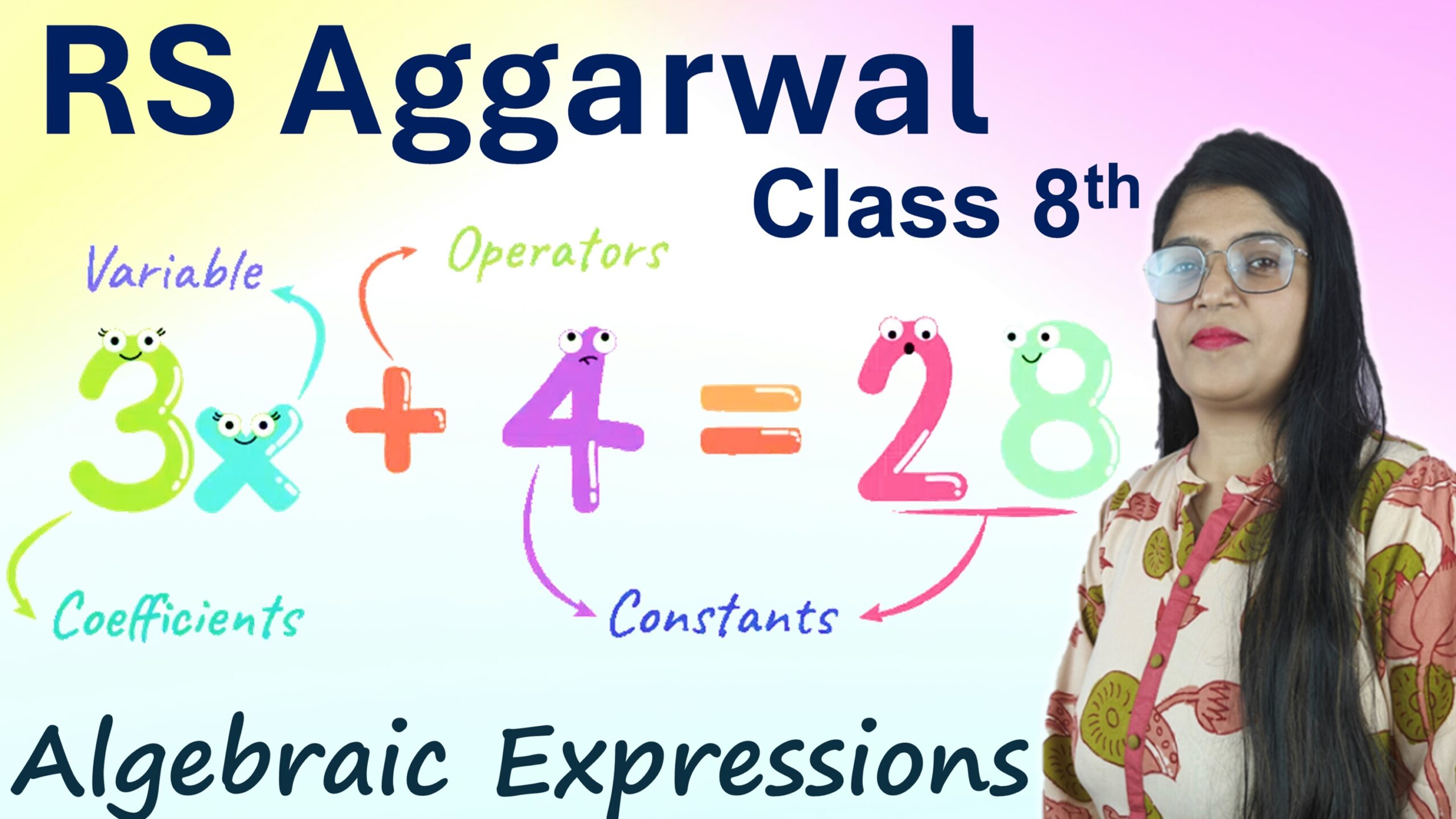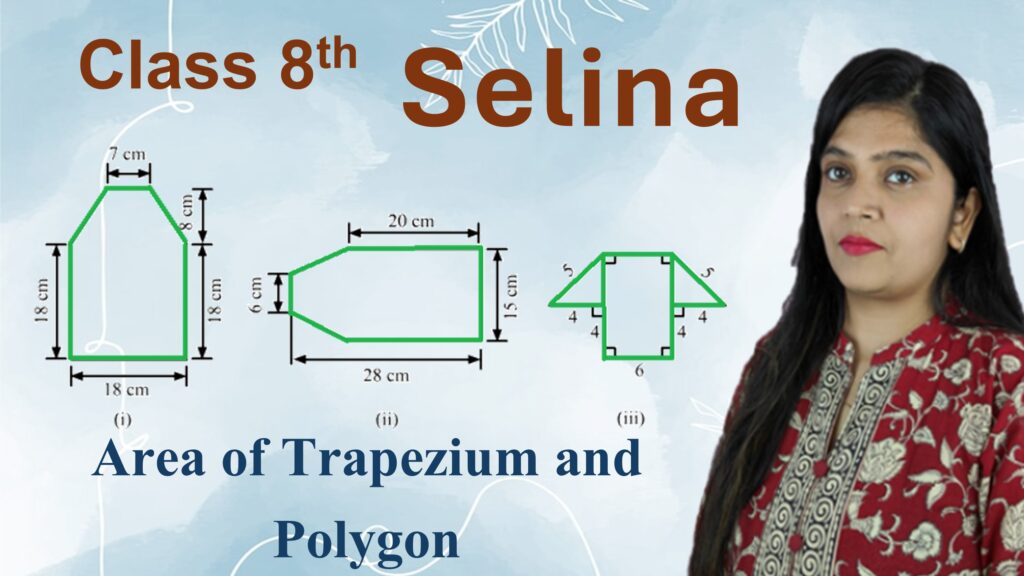Exercise: 12-E
Assertion- Reason Questions
Q1: Assertion (A): In \(2x^3+5x^2-6\), the degree of the term -6 is 0.
Reason (R): The degree of a constant polynomial is 0.
Assertion (A) Verification: The term -6 is a constant (it has no variable).
The degree of a term is the exponent of the variable in that term.
Since -6 has no variable, its exponent is considered 0.
⇒ Assertion (A) is TRUE
Reason (R) Verification: A constant polynomial is a polynomial that contains only a constant term (no variable).
By definition, the degree of a constant polynomial (non-zero) is 0.
⇒ Reason (R) is also TRUE
Explanation Check:
Assertion talks about the degree of the term -6.
Reason talks about the degree of a constant polynomial.
So while both statements are true, the reason is the correct explanation of the assertion.
Answer: a. Both Assertion (A) and Reason (R) are true and Reason (R) is the correct explanation of Assertion (A).
Q2: Assertion (A): \((x+5)\times(1 – x^2)\) can be simplified as \(x – x^3 + 5 – 5x^2\) or \(- (x^3 + 5x^2 – x – 5)\).
Reason (R): For three monomials \(a\), \(b\), and \(c\), we have \((a \times b) + c = ac + bc\).
Assertion (A) Verification:
We simplify:
(x + 5)(1 – x²) = x(1 – x²) + 5(1 – x²)
= x – x³ + 5 – 5x² = x – x³ + 5 – 5x²
Rearranged form:
= – (x³ + 5x² – x – 5)
✅ Hence, Assertion (A) is TRUE
Reason (R) Verification:
Given: \((a × b) + c = ac + bc\)
This identity is incorrect.
Let’s take an example: Let \(a = 2\), \(b = 3\), \(c = 4\)
LHS = (2 × 3) + 4 = 6 + 4 = 10
RHS = 2×4 + 3×4 = 8 + 12 = 20
❌ Hence, Reason (R) is FALSE.
Final Conclusion:
Assertion (A) is true but Reason (R) is false.
Answer: c. Assertion (A) is true but Reason (R) is false.
Q3: Assertion (A): \(\left(x^3 – 3x^2 + 5x\right) \div x = x^2 – 3x + 5\).
Reason (R): Multiplication of polynomials is inverse process of division of polynomials.
Assertion (A) Verification:
Step 1: Divide each term by \(x\):
\[
\frac{x^3}{x} – \frac{3x^2}{x} + \frac{5x}{x} = x^2 – 3x + 5
\]
✅ Hence, Assertion (A) is TRUE
Reason (R) Verification:
Step 2: Yes, multiplication and division of polynomials are inverse operations.
✅ Reason (R) is also TRUE
Step 3: Reason is not correct explanation of Assertion.
Answer: b. Both Assertion (A) and Reason (R) are true and Reason (R) is not the correct explanation of Assertion (A).






Leave a Comment